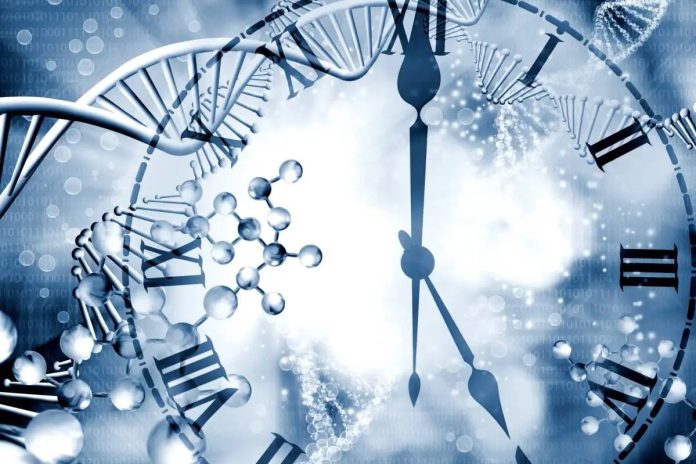“Ultimately, it would be very exciting to develop therapy interventions to reset our internal aging process and hopefully keep us young,” said Steve Horvath, professor of genetics and biostatistics at the University of California in Los Angeles, whose new study has revealed the workings of an internal body clock based on DNA which keeps track of the “biological age of our tissues and organs.”
Horvath made his discovery after reviewing nearly 8,000 samples of DNA from more than 50 separate healthy and cancerous cells and tissues to see how methylation (a natural process that chemically modifies DNA) differed with age. What he found was that the methylation of 353 DNA markers varied consistently and could be used as a biological clock. The “clock” actually operated quickest during the years up to around age 20, then slowed down to a steadier rate, leading to the question of whether “the DNA changes cause ageing or are caused by ageing is an unknown.” At the same time he found that diseased organs were found to age at different rates, some even by as much as ten years older than tissue that was deemed healthy in the same person.
Interestingly, tests conducted on healthy heart tissue revealed that its biological age appeared to be “around nine years younger than expected.” In fact, Horvath noted that female breast tissue aged faster by than the rest of the body. Even healthy tissue surrounding a breast tumor was an “average 12 years older than the rest of the woman’s body. revealed.
“That’s particularly interesting in the light that breast cancer is the most common cancer in women. Also, age is one of the primary risk factors of cancer, so these types of results could explain why cancer of the breast is so common,” he stated.








